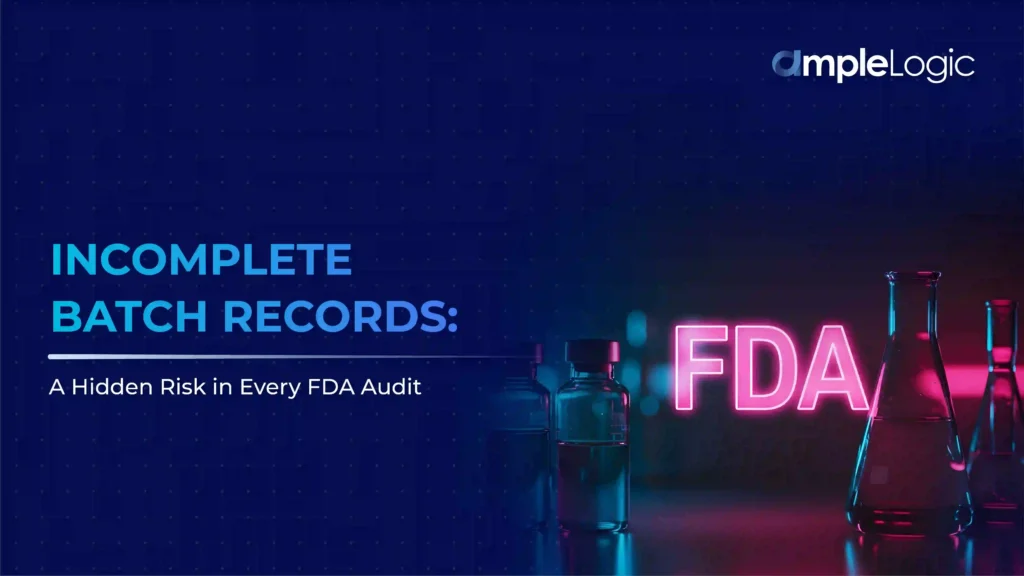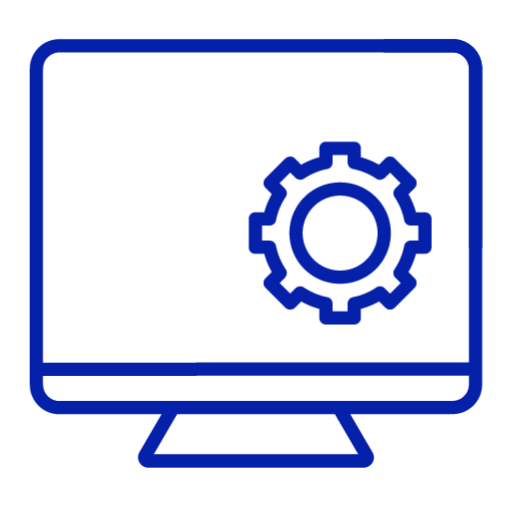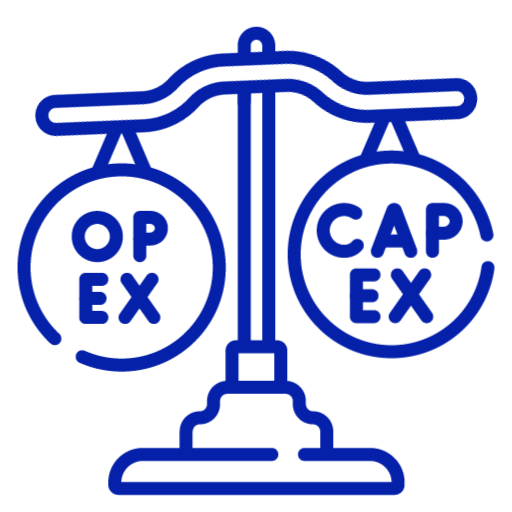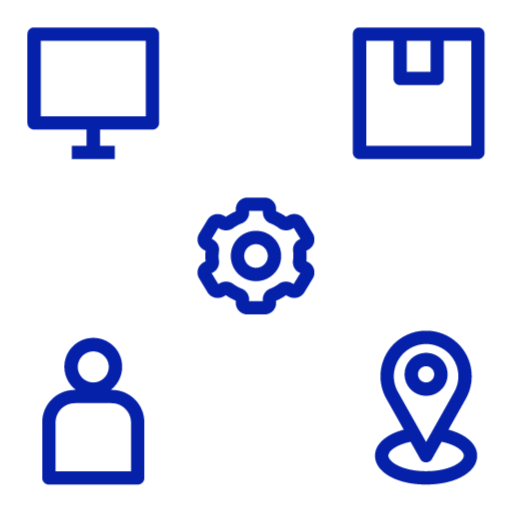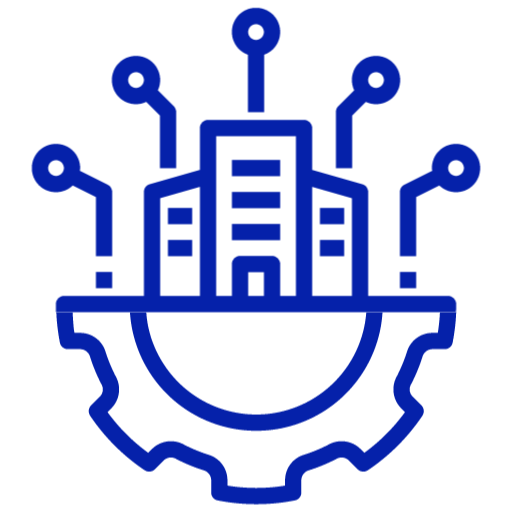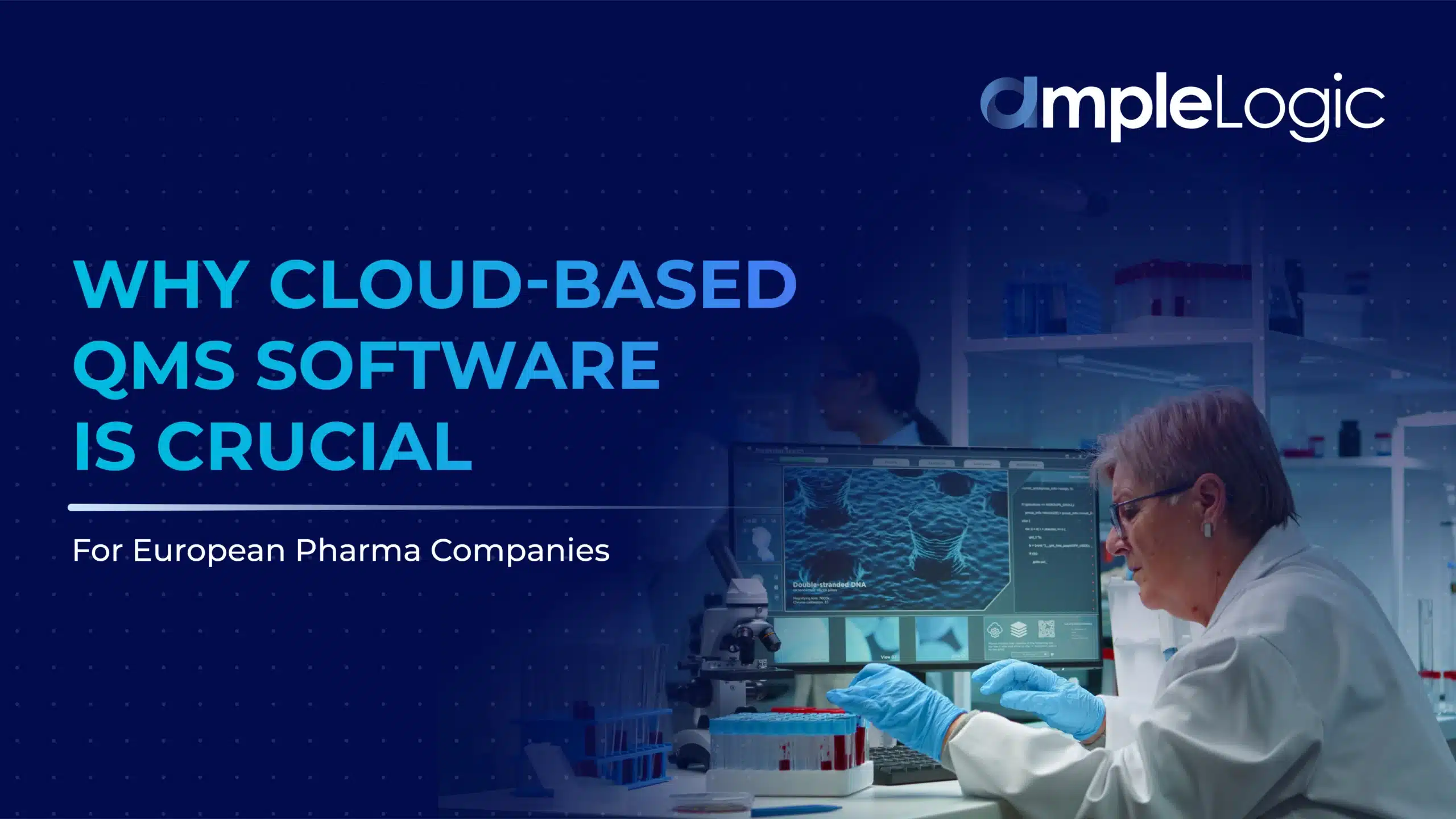
The pharmaceutical industry, particularly in Europe, faces an increasingly complex landscape. With regulatory pressures, evolving market demands, and the ever-present need for efficiency and quality, pharmaceutical companies must leverage technology to stay ahead. One of the most transformative tools in this space is cloud-based Quality Management System (QMS) software.
Why Cloud-Based QMS is Essential for Pharmaceutical Companies in Europe
- Strict Regulatory Compliance
European pharmaceutical companies must adhere to a maze of stringent regulations like the EU Medical Device Regulation (EU MDR), Good Manufacturing Practices (GMP), and ISO 9001:2015. Failing to comply with these regulations can lead to severe consequences, such as product recalls or market access barriers. According to a 2023 study by McKinsey, 92% of pharmaceutical companies claim that maintaining compliance is a top priority, with 64% investing in advanced QMS technologies to ensure they meet evolving regulatory requirements.
Cloud-based QMS facilitates seamless integration with these standards by offering:
- Document Control: A cloud system can track and store thousands of documents in real-time, ensuring that pharmaceutical companies meet compliance standards without the risk of outdated documentation. This eliminates the 80% risk of non-compliance due to manual errors.
- Audit Trails: Cloud systems automatically generate detailed audit trails of all document changes, a feature required by regulatory bodies like the European Medicines Agency (EMA). This eliminates human error and reduces audit preparation time by 30%.
- Change Management: Automated workflows and change tracking ensure that any process change is compliant, minimizing regulatory fines (ranging from €50,000 to €2 million) for non-compliance.
- Centralized Data Access and Real-Time Collaboration
Pharmaceutical companies often operate across multiple locations, with teams across regions, especially in Europe’s diverse markets. Cloud-based QMS systems provide a centralized platform for all quality data and records, ensuring:
- Immediate access for authorized personnel reduces the time spent searching for information and speeds up decision-making.
- Collaboration across departments and regions, ensuring that all teams—be it R&D, quality assurance, regulatory affairs, or production—have access to the latest data, leading to improved communication and operational efficiency.
According to a study by IDC, cloud-based solutions have been shown to reduce the time spent on manual data retrieval by 30-40%, offering a significant time-saving advantage in regulated industries.
- Scalability and Flexibility
Cloud-based QMS systems are inherently scalable, making them ideal for growing pharmaceutical companies. As businesses expand their product lines or enter new markets, cloud QMS can adapt without substantial infrastructure investment. This flexibility allows companies to:
- Scale processes as needed without interrupting daily operations.
- Add new quality standards or compliance requirements in response to regulations or changes in business needs.
For example, 63% of life sciences organizations expect significant growth in their operations, and 60% have invested in scalable cloud technologies to manage increasing data volumes and compliance demands.
4. Enhanced Collaboration Across Teams
In today’s globalized pharmaceutical industry, teams are often spread across different geographical locations. Cloud-based QMS software facilitates collaboration between various departments, such as manufacturing, quality assurance, regulatory affairs, and R&D.
Cloud solutions offer integrated tools for real-time communication and document sharing, streamlining workflows and accelerating decision-making. This ensures all stakeholders are on the same page, helping improve overall operational efficiency.
5. Cost-Effectiveness
Managing an on-premise QMS can be expensive due to the high costs of hardware, software maintenance, and dedicated IT teams. Cloud-based QMS eliminates the need for significant capital investments in infrastructure and reduces maintenance costs by offering a subscription-based model.
This approach is cost-effective for small and medium-sized pharmaceutical companies, which may need more resources for large-scale IT investments. Furthermore, cloud-based systems are constantly updated with the latest features and security patches, ensuring companies stay ahead of the curve without additional costs.
6. Audit Preparedness
Audit readiness is critical for pharmaceutical companies, especially with the stringent regulatory requirements in Europe. Cloud QMS software offers built-in audit trails and reporting tools that make the audit process more efficient.
These systems automatically log all quality-related activities, changes, and approvals, simplifying the task of providing documentation for regulatory audits. Additionally, cloud-based systems generate reports that meet regulatory standards, reducing the time and effort required for audit preparation.
Why Focus on the European Market?
The European pharmaceutical market is one of the largest and most regulated in the world. With EU regulations setting the global product safety and quality benchmark, European pharmaceutical companies face unique challenges requiring specialized solutions.
For example, the impact of the EU MDR has reshaped how medical devices and pharmaceutical products are regulated, forcing companies to adopt more robust quality management systems. By leveraging cloud-based QMS software, European pharmaceutical companies can ensure regulatory compliance, streamline operations, and reduce risk.
Market Influence & Benefits:
- Efficiency Gains: Cloud-based QMS systems enable European pharma companies to operate more efficiently by automating quality processes and ensuring faster product release cycles.
- Global Reach: With cloud-based solutions, companies can quickly expand their operations into new markets without facing significant IT infrastructure challenges.
- Innovation: As pharmaceutical companies adopt digital QMS platforms, they are better equipped to innovate and bring new products to market faster, ensuring compliance and maintaining quality.
Focus on the European Pharmaceutical Market
The European pharmaceutical market is unique in several ways, and it is crucial for pharmaceutical companies to understand the dynamics of this region to manage their QMS systems successfully.
Regulatory Landscape and Market Focus in Europe
The European Union (EU) has some of the world’s most stringent pharmaceutical regulations. Adherence to these regulations is critical, as non-compliance can lead to significant penalties, product recalls, or market access barriers. For instance:
- The EU MDR, which came into force in 2021, significantly impacts manufacturers of medical devices and diagnostics with stricter post-market surveillance and reporting requirements.
- The GxP (Good Clinical/Pharmaceutical Practices) regulations emphasize the need for precise documentation and traceability, pushing companies to implement digital QMS systems capable of managing vast amounts of data.
Given this environment, a cloud quality management system (QMS) enables pharmaceutical companies to ensure compliance with these regulations, facilitating efficient document management, reporting, and audit trails—all while reducing the risks associated with data mishandling or process inefficiencies.
Influences of the European Market
Several factors influence the European pharmaceutical industry, making it crucial to adopt modern cloud-based QMS technologies:
- Global Competition: The global pharmaceutical market is projected to grow from €1.4 trillion in 2020 to €1.8 trillion by 2026—this rise in competition forces European companies to invest in advanced technologies like cloud QMS to stay ahead.
- Technological Advancements: The EU is heavily investing in Industry 4.0 and digital transformation initiatives, which call for integrating cloud-based solutions to enhance automation, improve efficiency, and ensure regulatory compliance.
- Brexit Implications: Following Brexit, the regulatory divergence between the EU and the UK has created additional complexities for pharmaceutical companies, making flexible and adaptable QMS systems more crucial.
Benefits and Consequences of Cloud-Based QMS for European Pharma
Benefits:
- Cost Savings: By moving to the cloud, pharmaceutical companies eliminate the need for on-premise hardware, software updates, and IT maintenance costs.
- Faster Implementation: Cloud QMS software can be deployed faster than traditional on-premise systems, reducing time to market for new products or features.
- Data Security: Cloud systems adhere to stringent EU data protection standards (e.g., GDPR), ensuring that sensitive data remains secure.
Consequences of Non-Compliance:
- Fines and Penalties: Non-compliance with regulations such as EU MDR or GMP can result in fines or product recalls. For example, in 2021, the EMA imposed penalties on companies totaling €10 million for non-compliance with safety standards.
- Reputational Damage: Companies that fail to meet regulatory standards risk losing customer trust, which can severely impact revenue. A 2022 survey by Accenture found that 42% of pharmaceutical companies faced reputational damage after failing to comply with regulatory guidelines.
Steps for Implementing Cloud-Based QMS in Europe
- Conduct a Gap Analysis: Before implementing a cloud QMS, thoroughly audit current processes to identify gaps in compliance or efficiency.
- Select a Vendor: Choose a cloud-based QMS vendor compliant with EU regulations and can integrate with existing enterprise systems, such as ERP or CRM.
- Train Teams: Ensure all relevant personnel are trained on the new system to maximize its potential.
- Continuous Monitoring: Once implemented, monitor the system’s performance and ensure it meets all regulatory requirements.
Why Cloud-Based QMS Software Stands Out in the Pharmaceutical Industry
Unique Features of Cloud-Based QMS Software
Cloud-based QMS software stands out due to its unique characteristics, offering advantages like:
- Centralized Data Storage: Cloud QMS offers a unified platform for storing all quality-related data, making it easily accessible. A 2023 Deloitte study found that 79% of companies using cloud-based QMS reported improved data accessibility and integration across departments.
- Real-Time Monitoring and Reporting: With cloud QMS, companies can monitor and report quality issues in real-time, preventing potential issues from escalating. A report from Gartner found that 64% of organizations experienced faster issue resolution after adopting cloud QMS.
- Automation of Compliance Tasks: Cloud QMS automates routine tasks like document approvals and change management, reducing the risk of human error and ensuring consistent quality. According to Frost & Sullivan, companies using automated QMS have reported a 50% reduction in human error during audits.
How Cloud-Based QMS Improves Workflow and Efficiency
Cloud-based QMS significantly enhances workflow efficiency by:
- Seamless Integration with ERP/CRM Systems: Cloud QMS integrates smoothly with enterprise systems, ensuring a seamless data flow and reducing the likelihood of errors. 72% of pharmaceutical companies report improved data flow and efficiency when QMS is integrated with ERP.
- Enhanced Collaboration: Teams across different geographies collaborate more effectively, ensuring better coordination and faster problem resolution. According to IDC, organizations that use cloud-based QMS systems report 35% speedier collaboration between teams in different regions.
- Faster Response Times: Cloud QMS allows faster updates and issue resolutions, which is crucial for maintaining regulatory compliance. A 2022 survey by McKinsey found that 50% of companies reported faster product launches after moving to the cloud.
AmpleLogic eQMS Software: Streamlining Quality and Compliance with Innovation
AmpleLogic eQMS software is a cutting-edge solution tailored to address the intricate demands of quality management within pharmaceutical organizations. Built on a highly configurable aPaaS platform, it empowers companies to streamline workflows, enhance compliance, and foster operational excellence. Unlike traditional QMS systems, AmpleLogic eQMS offers unparalleled flexibility, allowing businesses to design and modify workflows without relying on rigid, pre-defined templates or extensive IT support. The system’s dynamic capabilities include automated document control, deviation and CAPA management, and seamless regulatory reporting, ensuring compliance with stringent global standards like ISO 9001, 21 CFR Part 11, and EU GMP.
By centralizing quality processes, AmpleLogic eQMS significantly reduces manual efforts, cutting administrative overhead by up to 50% and accelerating resolution timelines. Its real-time data analytics and audit trails provide complete traceability, enhancing decision-making and audit readiness. Moreover, the software integrates seamlessly with ERP systems, laboratory instruments, and other business-critical tools, enabling holistic operational visibility. With robust cloud or on-premise deployment options, AmpleLogic eQMS ensures scalability and security, making it an indispensable asset for pharmaceutical companies navigating a compliance-driven landscape while aiming to boost productivity and maintain a competitive edge.






